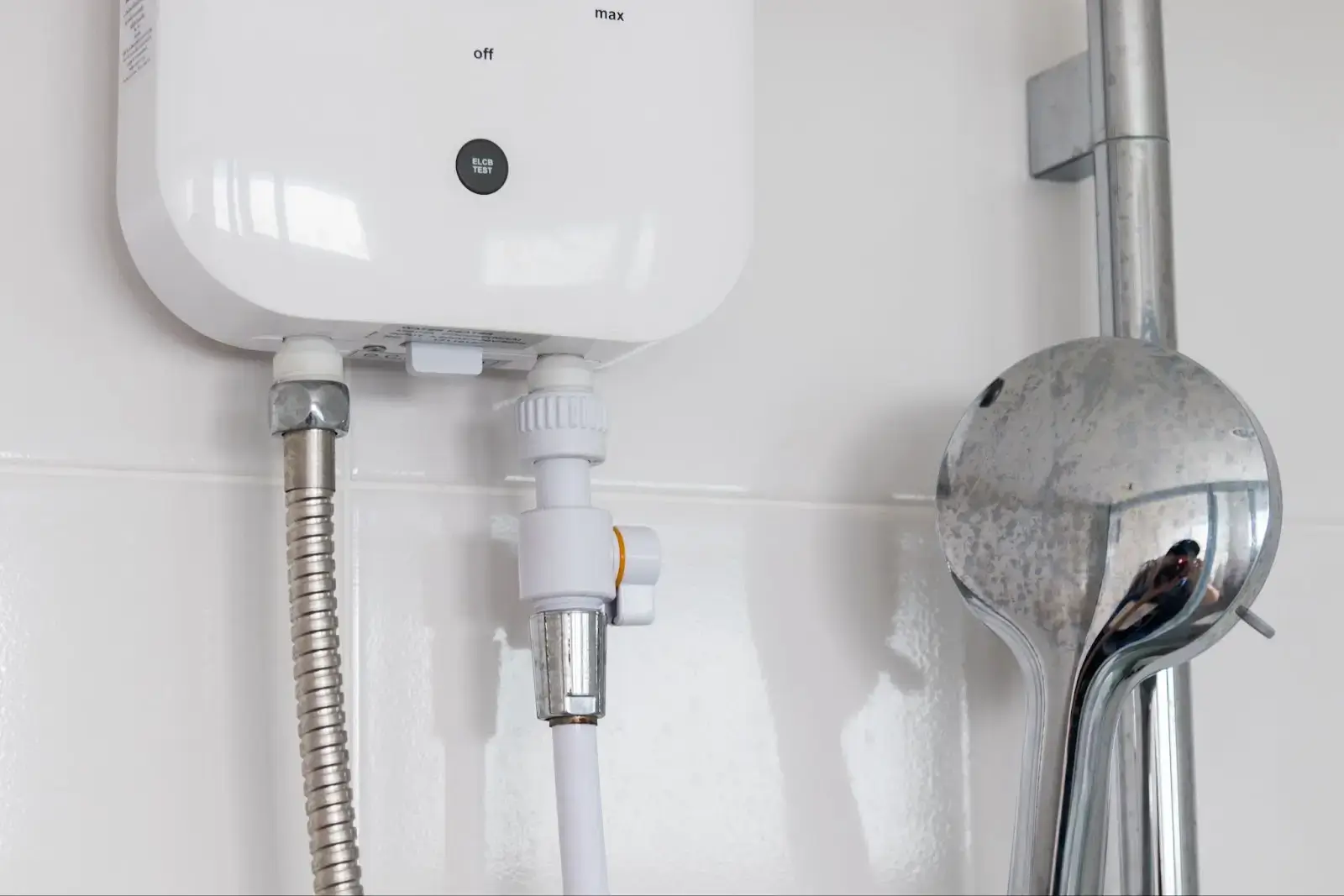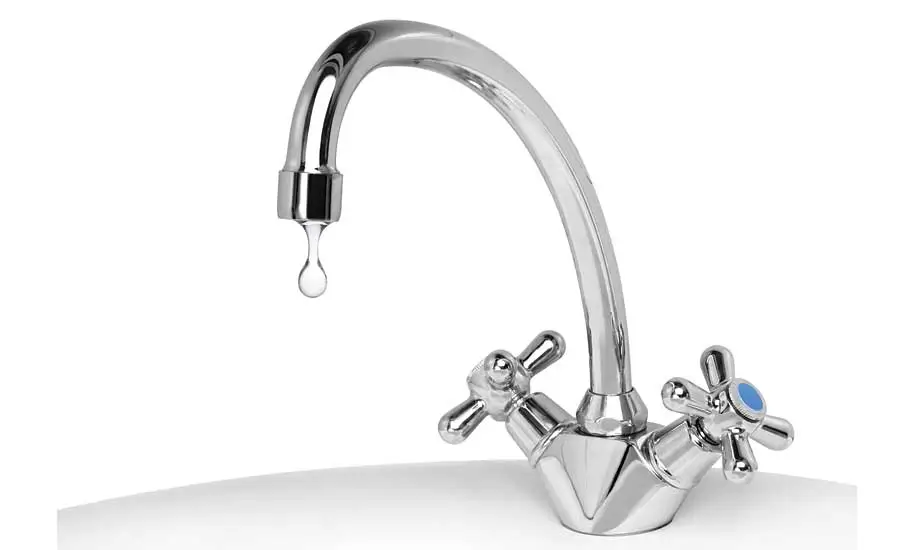If you have ever wondered about the numbers you see on the black and yellow stickers found on the side of your air conditioner, we can shed light on that for you now.
A SEER rating determines energy efficiency.
Seasonal Energy Efficiency Ratio (SEER)
Let's begin with what it means. SEER stands for Seasonal Energy Efficiency Ratio. It measures how much energy your air conditioner uses during different seasons.
Those numbers play a key role in your monthly energy bill. A heating and cooling system with higher SEER ratings is more efficient in energy and costs.
What is it all about?
What is SEER Rating?
It measures the efficiency of a cooling system and its heat pumps. It is computed by calculating its cooling output during a typical cooling season divided by the total electric energy input within the same period.
Confusing? Let's put it this way.
You can compare this calculation to a motor vehicle's fuel efficiency, where the higher miles/gallon ratio can travel further on less fuel.
Why is a Higher SEER Rating Better?
An air conditioner with more energy-efficient systems can cool indoor environments using less energy. An air conditioner performs better during hotter seasons with higher SEER ratings.
Before you dive into this topic in-depth, remember the answer to the most commonly asked question below is a resounding YES.
Does a Higher SEER Cool Better?
Absolutely. The higher the SEER ratings mean, the higher the cooling capacity of your air conditioner at lower costs.
While energy efficiency is arguably the most significant benefit, there is more than just one benefit to higher SEER ratings.
What are the Benefits of a Higher SEER Rating?
Air conditioners with more efficient systems can lower the temperature indoors using less energy, and their efficiency extends beyond the cooling season.
This means utility bills and energy costs don't surge during the peak of summer. Other factors, besides energy costs, such as the ability of an air conditioner to perform consistently under hotter climates, also benefit from a good SEER rating.
Air Conditioning Units with a High Seasonal Energy Efficiency Rating and Sustainability
An AC unit with the right SEER rating is friendlier to the environment. If you are environmentally conscious, AC units with high SEER ratings are more sustainable than those with lower SEER ratings.
Remember, SEER ratings are seasonal energy efficiency ratio measurements that indicate its performance throughout all seasons.
A higher SEER unit has high efficiency that helps you save money and maintain a satisfactory constant indoor temperature with less environmental impact.
Its efficient cooling output is not exclusive to the entire cooling season or summer but all year round.
What is a SEER Unit?
You can come up with SEER ratings by calculating the air conditioning system's capacity against the power it uses.
In technical terms, each SEER unit is derived from the cooling capacity, measured in British Thermal Units (BTU), and power input, measured in Watts. When the quotient of this computation results in higher SEER ratings, the higher the energy efficiency of air conditioners.
Where Can I Find My Air Conditioner's SEER Rating?
An air conditioner typically comes with its SEER rating indicated in its packaging. You might be able to find it in its box.
However, if it isn't indicated on the box of your new air conditioner, you might find the SEER rating on the AC unit itself. Look for a black and yellow sticker stuck to the air conditioning unit.
A new AC unit will have stickers to indicate different ratings. You might find its Energy Efficiency Ratio (EER), Heat Seasonal Performance Factor (HSPF), or its Seasonal Energy Efficiency Ratio (SEER).
Refer to its user manual if you can't find it anywhere on the AC unit.
Manufacturers may also write a SEER rating into the model's serial number. It might look like this:
- XF20xxxxxxx
The two numbers after the initial letters are usually the SEER rating.
If it doesn't look like the example above, instead, its number may be formulated like this:
- series number-unit capacity-BTU-dash number
You won't find the SEER rating in those numbers, but these numbers will help you find it.
For one, you can call the manufacturer and provide the representative with these numbers and ask them directly for its SEER rating.
You can also use these numbers to compute for a SEER rating yourself.
How Can I Measure the SEER Rating of My Air Conditioner?
If for whatever reason, you can't find it within the manual or anywhere else, you can compute for a SEER rating using this formula.
(BTU/hour) (1,000) divided by (Watt-Hours) (1,000)
- Find the British Thermal Units indicated on the model number, user manual, or sticker.
- Multiply it by the baseline of summer hours (1,000).
- Put its product aside for later; this will be your BTU product.
- Find the Watt-Hours indicated on the box or user manual.
- Multiply it also by the baseline of summer hours (1000).
- The answer to this computation we'll call your Watt-Hours product.
- Take your BTU product and divide it by the Watt-Hours product.
- The quotient you come up with is your air conditioner's SEER rating.
An Example SEER Rating Computation
The BTU/hr indicated on your AC unit is 15,000.
Multiply 15,000 to 1,000.
Your BTU product is 15,000,000.
The Watt-Hours of your air conditioner is 900.
Multiply 900 to 1,000.
Your Watt-Hours product is 900,000.
To get your SEER rating, divide 15,000,000 by 900,000.
With these specifics, your air conditioner's SEER rating is 16 SEER.
It sounds like a lot to do because it is. You don't have to do it all yourself. Call a professional to help you accurately compute your AC unit's SEER rating.
What is a Good SEER Rating?
In the SEER system, a good SEER rating is anything above a 16 SEER system. A single-stage system, such as central air conditioners, is a less efficient unit with air handlers that cannot sustain satisfactory indoor temperatures.
The best air conditioner can provide high-efficiency systems with at least a 20 SEER system.
Air Conditioners with a High SEER System
Typically, a two-stage system, like ductless mini-split systems, provides a higher SEER unit due to its advanced technology geared toward maximum efficiency. While it typically gives a 20 SEER rating, its high efficiency reaches higher SEER ratings.
It is inadvisable to stick with air conditioning, whose current system only provides a minimum SEER rating.
What is the Minimum SEER Rating per Region?
A minimum SEER rating differs per region. Federal regulations require a minimum of 13 SEER for all air conditioners.
However, with varying climates in the United States, each state constitutes energy efficiency ratings differently.
A Good SEER Rating for AC Units in Portland, OR
In Portland, Oregon, summers are hotter, and the rest of its seasons don't dip into freezing temperatures. Portlanders need a reliable air conditioner that won't surrender under peak temperatures.
The state of Oregon puts its minimum SEER ratings at 13. Still, the local government advises residents to opt for a 14 SEER or an even higher efficiency system.
The minimum SEER rating per region differs from one AC system to another.
Minimum SEER Ratings for Different HVAC Systems
An AC unit with a conventional heat pump and HVAC system must have a minimum SEER rating of 13 SEER. In contrast, a split-type AC system with a new HVAC system must have a minimum SEER rating of 14 SEER.
The new HVAC system provides users with more energy-efficient air conditioning. As a result, the new cooling system is known as high SEER AC units.
What is the Highest SEER AC Unit?
For a standard split system, a 20 SEER is typical. However, the highest ever recorded was 25 SEER.
Mini-split systems are even more efficient, with some ratings as high as 38 SEER. Although, these are no longer recommended for homes in the United States.
High SEER units are typically more expensive. If overall efficiency is what you are after, a high SEER rating isn't the only factor you should look after.
Find a cooling system that is right for you, whether a central air conditioner or a split system. Call a professional to help you gauge your space's needs.
Looking for help with your cooling needs? Call the Sunset Heating & Cooling Team Today!
Portland, Oregon, has some of the dryest summers. Without an air conditioning system with the right SEER rating, you might be left high and dry during the year's hottest days.
You might also pay up the nose for energy costs. Don't settle for a 14 SEER HVAC unit.
Our team can help you find a 16 SEER or 20 SEER unit that won't cost you an arm and a leg and save you time, money, and troubles down the line.
CALL (503) 500-5866
Reach out to the most trusted and reliable HVAC unit specialist in Portland.
Our experts at Sunset Heating & Cooling can help you determine your needs today.







